FlagSHIP courses are designed to provide immersive and hands-on experiences in May (Maymester). Take a look at what you can select from this Maymester.
Maymester 2025 Courses
Maymester 2025 Courses
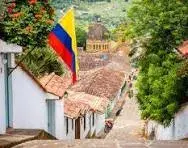
Instructor: Brenda Kauffman
Format: Study Abroad
Description: This FlagSHIP course provides an immersive global learning experience in Colombia. A main objective of global learning is to provide students a forum for critical reflection on community-driven issues, intercultural experiences, power and privilege, and critical global engagement. The course will progress through a framework that explicitly links personal experience and readings with regular writing assignments in a journal and class discussions. Journal assignments begin prior to intercultural immersion and then cover the following broad themes while in the host community: personal values & ethics, learning in a cross-cultural context, global engagement, and communicating and activating the global learning experience post-cultural immersion.
As an area of content to apply the above broad themes the course will look at some environmental and cultural issues facing Colombia especially in regards to issues of sustainability in farming and protecting natural resources. While students will learn about a variety of these issues, the main objective of the course is cultural immersion and reflection. We will do this by focusing on the United Nations Sustainable Development Goals and work with local NGOs who are trying to implement them.
Instructor: Chris Moser
Format: Community Integrative Education (CIE)
Description: "This immersive experience will challenge students to compare the popular perception of the legal system to the realities of our local courtroom. Students will evaluate the fairness of the judicial system for racial minorities and the poor and develop an in-depth understanding of particular judicial process(es) through direct observation and critical analysis This course will combine reading court cases and court documents, analysis of all materials, class discussion and courtroom observations which will take place at the St. John’s County Courthouse and other organizations that are players in the court system. Students will spend a total of 34 hours of experiential learning over the course of a week period in January of 2022, meeting at scheduled times. Most days will have an AM and a PM that are 2 approximately 3.5 hours each. Some activities will take place primarily outside of a classroom setting but we will meet the first day in our classroom in the Proctor Library. Off-site discussions, observations, and or educational presentations will be used to enhance the learning process. Examples of such activities include court observations, and site visits to the State Attorney’s Office, the Office of the Public Defender, the Gaudian at Litem, Judges chambers, and the like. Students will be required to record journal entries of their experiences that highlight any thoughts or newfound knowledge that the field trips, educations presentations and court room observations and subsequent discussion provide and complete the other course assignments outlined in Canvas. The primary purpose of this course is to expose students to many facets of the legal world as well as teach them how certain elements of the legal process works. Students will have the ability to hear from lawyers, observe real-life trials, and gain a greater understanding of the local and national justice systems. In addition, students will have the opportunity to learn in a professional setting, where standards of behavior and etiquette are required. This includes dressing professionally (courtroom attire) at all off-site events."
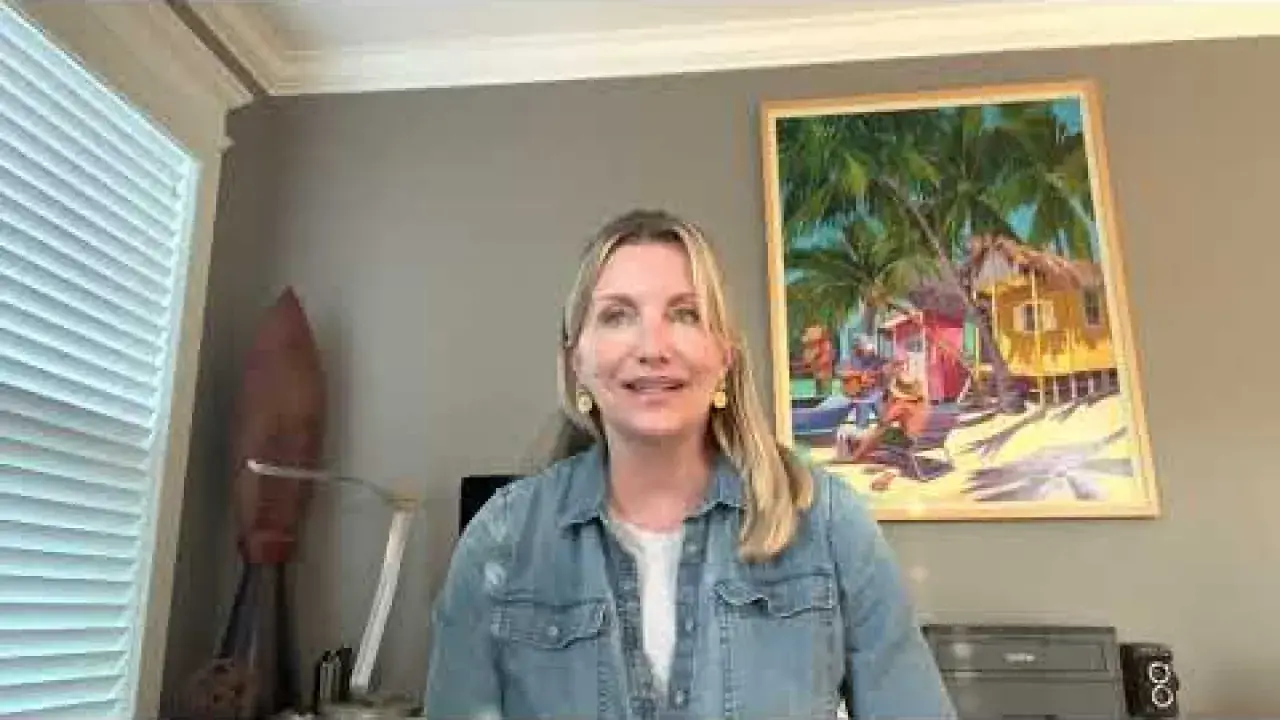
Instructor: Christine Fogarty
Format: Study Abroad
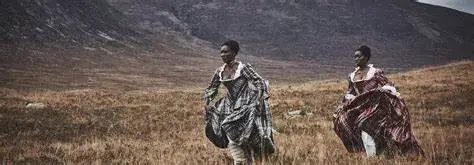
Description: Scotland is a country in Europe that is part of the United Kingdom. It is a country known for its complex history, striking landscapes, and lively culture. You will travel to Scotland for 16 days to visit the renowned Scottish and local theatre. You will learn about Scottish theatre, culture, and history by attending theatrical performances, conversing with local actors, and exploring storytelling in the Highlands and Lowlands. You will write a final creative scene on the Women of Scotland.

Instructor: Deborah Teague
Format: Study Abroad
Description: "Immersion in England and Scotland: Travel Writing about the History, Culture, and People of London, Edinburgh, Inverness, Loch Ness, the Isle of Skye, and Stirling" will provide students the opportunity to immerse themselves in both countries’ historical treasures, rich cultural history, and amazing beauty, as well to interact with locals from diverse ethnicities, backgrounds, social classes, and neighborhoods.
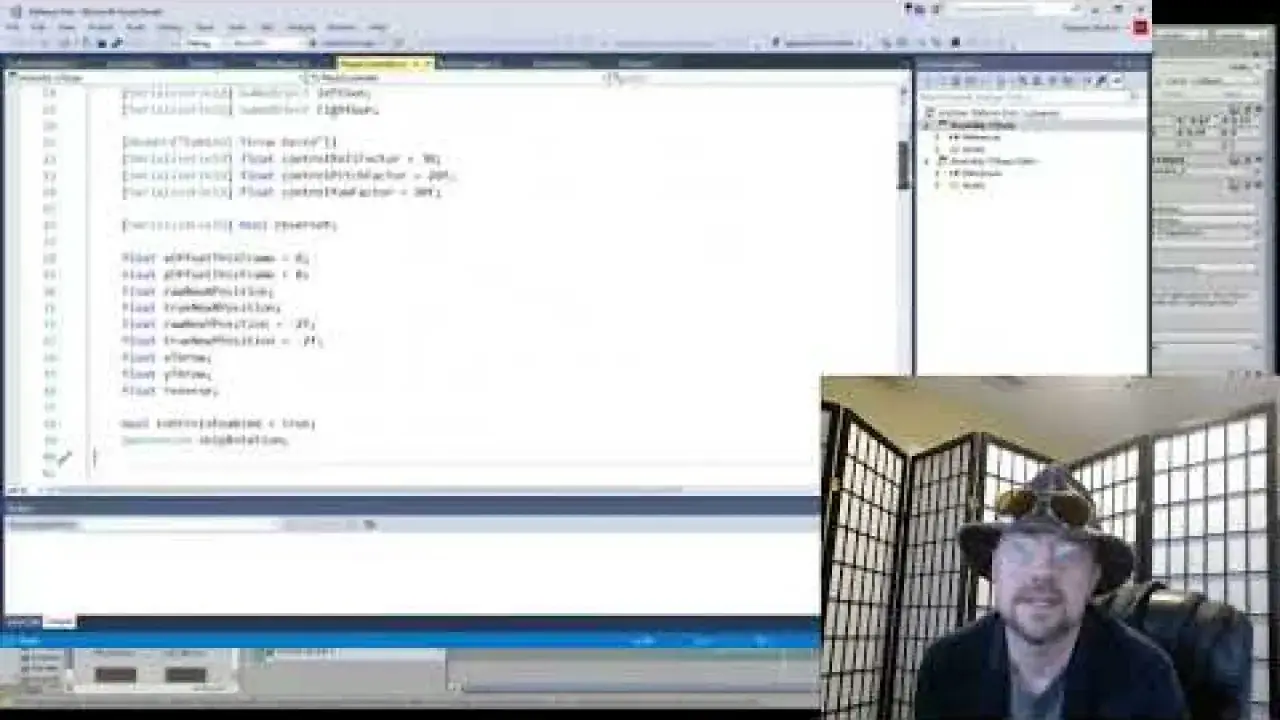

Instructor: Doug Keaton
Format: Intensive Format Seminar
Description: "What is like to live outside the ordinary? What does it mean and what is it like to have psychosis, to be homeless, to endure grief, or even to fall in love?
Video Games offer a new way of communicating and experiencing the lives of others. In this class we will look at different kinds of liminal experience as they are depicted in science, film, and literature, and compare what we learn from those sources to what we learn by playing a game about the same kind of experience. We will also ask: what place do video games hold in various cultures around the world, and how are different cultures using games to tell their stories?
A central feature of this course is that we will learn the basics of making our own video games – much of this course will take place in a computer lab where we learn to use a game design engine. The final project for this course is a GDD (game design document) in which students propose a game that shares a liminal experience."
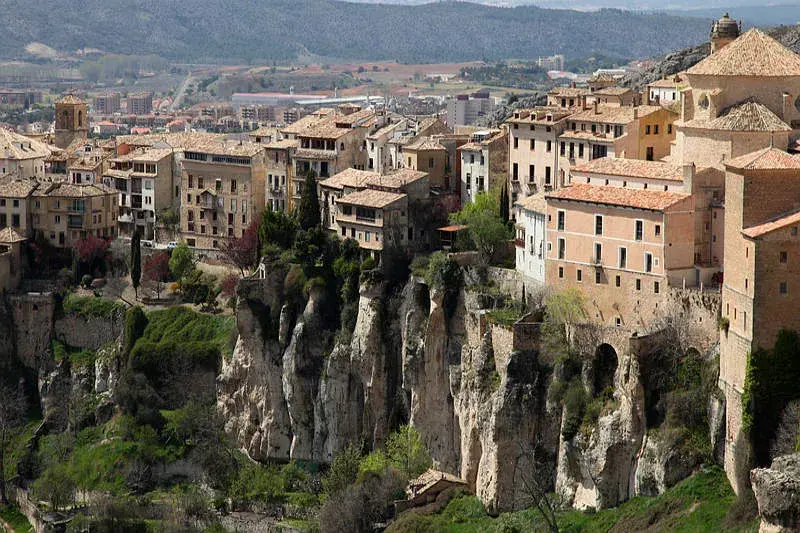
Instructor: Eugenia Charoni
Format: Study Abroad
Description: The course studies a variety of female representation in the public sphere in Cuenca Spain by examining cultural, social, educational, and professional aspects of women who are Romani, migrants, refugees or form part of a minority and underrepresented groups. Through visits to several local sites in Cuenca, where women are involved in educational, health, environmental, artistic, governmental and legal ways (Women’s Institute, Calí Program Center, Antonio Pérez Foundation, Red Cross, Yamay Women ́s Circle, Women in Forest Fires Reinforcement Bridages -BRIF- of the Ministry, Palos Rugby Club and rural areas), workshops (Illustrative Stories, migrant rights) and interaction with them, students will acquire substantial practical knowledge about women in Spain today, while they build their intercultural competence and move beyond common stereotypes. The course includes a trip to Cuenca, Spain from May 11th, 2025 to May 17th, 2025.
Instructor: Jeanette Vigliotti
Format: Community Integrative Education (CIE)
Description: In this course, students will study the complexities of cultural representation and authenticity, as well as inclusion and exclusion, in America’s Oldest City. By examining the constructed narratives of St. Augustine’s popular tourism sites, students will investigate their own pre- conceptions of the town’s public spaces and historic structures. They will consider the roles that power, privilege, and inequity play in shaping these narratives, and work to propose strategies for crafting ethical and equitable narratives that honor the sometimes-hidden peoples and histories of St. Augustine.
Instructor: Jessica Howell
Format: Intensive Format Seminar
Description: "This course will trace the events of the Mexican Revolution, from 1912 to 1920, analyzing the stability of the country throughout the events of the Revolution by participating in a game simulation. Several themes will be highlighted in the course, including the social, cultural, economic and political factors that contributed to the rise and intensification of the Mexican Revolution.
The year is 1912, and Francisco Madero is president of Mexico. Just last year he and his top general ousted the long-standing president (some say dictator) Porfirio Díaz, who is now in exile. But the country is far from stable. A basic cultural rift between elite and the poor portends a sequence of tumbling revolts. Students are assigned to play characters that are charged with stabilizing their country and preventing further civil war. The goal is to reform Mexico and make it a better nation for all of its inhabitants—but Mexicans and foreigners worry that without a firm hand, Mexico’s governance might spiral out of control. At what cost will progress come?
The central question of the game is: how can stability be achieved in Mexico? Students grapple with many questions throughout the game, but ultimately the questions fall under the larger umbrella of creating stability in Mexico. Through their character they will be attempting to answer a series of questions: How does a country in chaos stabilize? In a country with no underlying bureaucracy, how does it transition authority from one president to the next with any kind of continuity and stability? Through politics? Economics? Land Reform? Education? Religion? Clearly a combination of all of these items is needed, but how does the jigsaw fit together without collapsing? To stabilize the country students will need to figure out what weight to give each of the components. Students do not need to have any knowledge of Mexico or the Spanish language. The readings at the beginning of each game are difficult by design, intended to familiarize you very rapidly with complex historical, political, and moral dilemmas. Don’t be alarmed or discouraged; this is part of the plan. Nor should you be fooled by the absence of reading assignments on some days. During this time, you will be frantically caucusing with other members of your factions, drafting speeches and writing assignments using arguments derived from course texts, rebutting and co-opting your fellow students’ own speeches and writings, and repeatedly delving back into the course material to fashion new arguments and develop an ever deeper understanding of the issues. Many students become so immersed in their roles that they devote extra time to the course over and above the formal requirements. Don’t hesitate to get involved in this way—it’s part of what Reacting is all about!"
Instructor: Jessica Jenkins
Format: Study Abroad
Description: Students will travel to southern Spain and Morocco to explore the food, history, and culture through focused readings on the history of culinary traditions, interaction with local people, and visits to restaurants, markets, and street vendors. This place-based learning experience includes walking tours, day trips to cultural landmarks, and experiences unique to the cultures, including a cooking class for students to learn traditional culinary styles.

Instructor: Jinhyon Hammick
Format: Study Abroad
Description: This 14-day study abroad course will provide students an opportunity to explore the rising Korean pop culture, media industry and how the rich history of the country influenced the media content. Korean pop culture has become a global phenomenon, which created the term “Korean Wave (Hallyu).” Students will visit historical sites, PR/advertising agencies, movie/TV production scenes, and meet with the local university students to share different perspectives on media and culture.
Instructor: Katherine Sweet
Format: Study Away
Description: This course integrates two distinctive philosophical movements in colonial and post-revolutionary America and their historical impact: (1) the spread of European Enlightenment ideas to the continent and their effect on the American Revolution, and (2) the development of transcendentalism in New England and its effect on the abolitionist movement leading up to the US Civil War. The course will include a two-week trip to Boston, MA and Philadelphia, PA, where the American Revolution and the Transcendentalist movement take their place in history.
Instructor: Laura Mongiovi
Format: Intensive Format Seminar
Description: "Separating children from their parents is an act of power that falls heavily on the poor and the powerless: the colonized, the subaltern, the dissident. This course will examine the histories associated with children separated from their families. Personal responses to course content will take place throughout the course. Class discussions will allow students to deeply consider how power fueled motives led to past child removal practices and reflect on current government policies in the United States. Local field trips and guest speakers are part of the curriculum. "
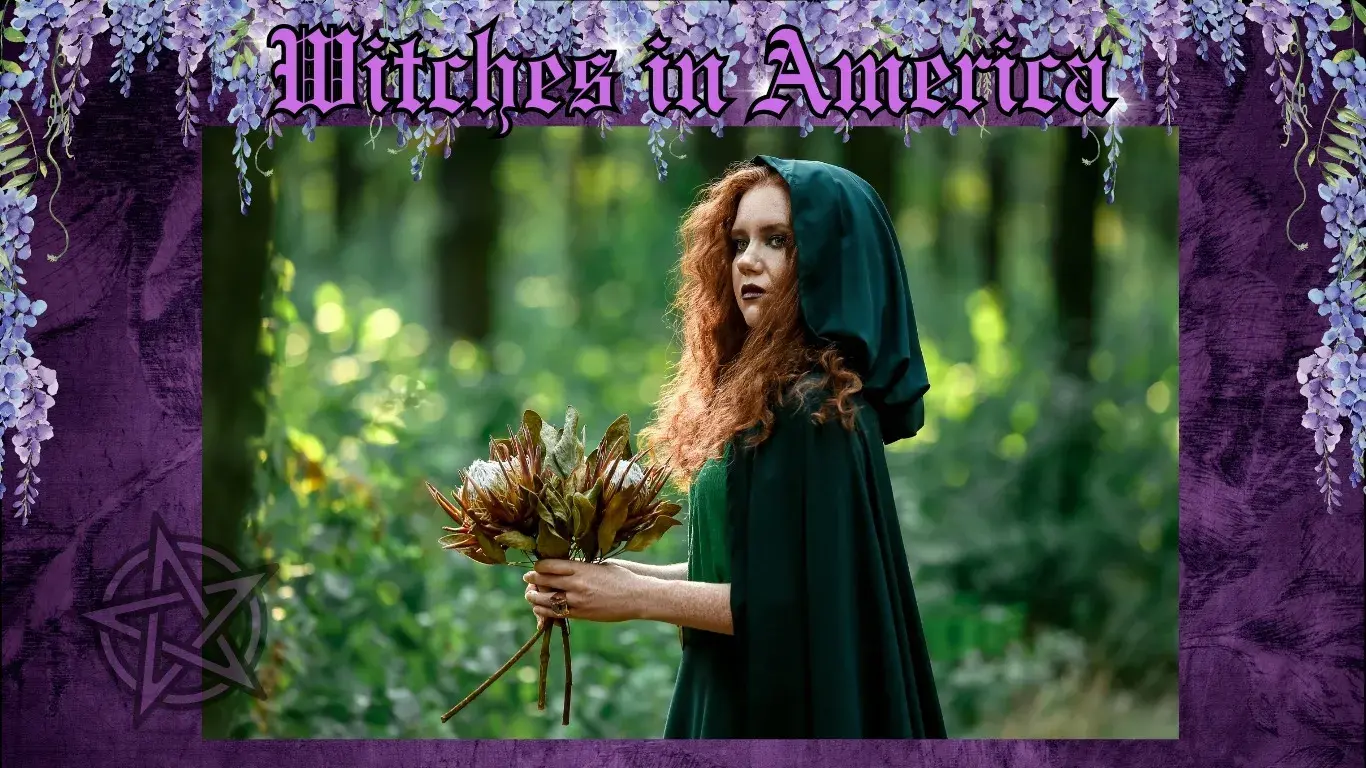
Instructor: Lauren Tivey
Format: Study Away
Description: Join us for study away in Salem, Massachusetts for seven days (5/13–5/19) to investigate new understandings of events leading to the infamous Salem Witch Trials of 1692, including the historical, religious, political, and socio-economic, with additional stressors of family rivalries, supernatural paranoia, fear of Native tribes—even how the weather contributed—as we unpack various theories as to why twelve “afflicted” girls were able to bring a community to its knees, and how those with outsider status (gender, age, race, etc.) were the first scapegoats. What’s more, we’ll study how perceptions of witches have evolved over the centuries, and how different witchcraft waves correspond with different feminist waves in America, and we’ll meet current practitioners such as pagans, Wiccans, and others to learn what they believe, and how they’ve reclaimed the word “witch” as something powerful and sacred. The complex history of Salem (which has now become a mecca of modern witchcraft and religious tolerance) is an important reminder of what can happen when one group is allowed to force its beliefs on everyone.
Destination: Salem, Massachusetts
Number of Travel Days: 7
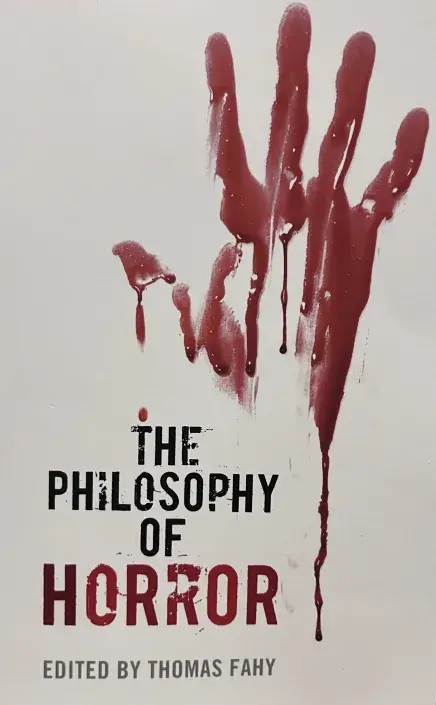
Instructor: Lisa Mahoney
Format: Intensive Format Seminar
Description: The Seduction of Horror will allow students to not only explore the world of horror but also to understand its foothold in societal reflection. Through a variety of mediums, horror stories from classic to contemporary, horror movies, and a local walking ghost tour, students will come to a better understanding of this complex genre. Tracing historical elements and cultural origins as well as criteria for sub-categories, students will identify and analyze the uniqueness of this genre and appreciate how setting, culture and times influence and shape horror fiction. As a capstone, students will write a horror flash story.
Instructor: Lori Lee
Format: Study Abroad
Description: This FlagSHIP course provides an immersive global learning experience in Colombia. A main objective of global learning is to provide students a forum for critical reflection on community-driven issues, intercultural experiences, power and privilege, and critical global engagement. The course will progress through a framework that explicitly links personal experience and readings with regular writing assignments in a journal and class discussions. Journal assignments begin prior to intercultural immersion and then cover the following broad themes while in the host community: personal values & ethics, learning in a cross-cultural context, global engagement, and communicating and activating the global learning experience post-cultural immersion.
Instructor: Michelle Woodhouse
Format: Study Abroad
Description: This 14-day immersive trip to Spain and Morocco is designed to give students an understanding of the elements of culture and how these elements influence business and marketing decisions. Students will visit historical sites, engage with locals and business owners from different industries, and learn about differences in cultural attitudes, beliefs, and values of people from different backgrounds. Students will have the opportunity to observe different strategies used by business owners in both major cities and rural villages to uniquely market their products and services. Gert Hofstede’s cultural dimensions will be used as the framework to conduct a cross-cultural analysis of both countries visited.
On this trip students will visit the cosmopolitan city of Madrid, the historic Andalusian capital of Seville, Granada - home of the Alhambra, and Cordoba. You will take the ferry to Morocco where you will have the chance to experience the diversity of Islamic North Africa in Tangier, Rabat, Marrakech, and Casa Blanca.
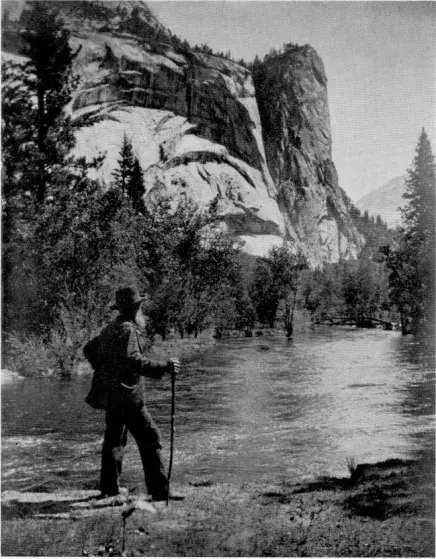
Instructor: Sam McMillan
Format: Study Away
Description: Shortly after the close of the Civil War, as America’s expansion was reaching its conclusion having finally “civilized” much of its wild spaces and indigenous peoples, historian Frederick Jackson Turner issued a warning against unchecked development. He claimed that “to the frontier the American intellect owes its striking characteristics—that coarseness and strength combined with acuteness and inquisitiveness; that practical, inventive turn of mind, quick to find expedients; that masterful grasp of material things, lacking in the artistic but powerful to effect great ends; that restless, nervous energy; that dominant individualism, working for good and for evil, and withal that buoyancy and exuberance which comes with freedom.” To lose the frontier, to lose the wild, Turner claimed, would be to lose ourselves. This class will explore the implications of Turner’s argument through a combination of study and immersion. Together we’ll set out into the northern reaches of Georgia, hiking a section of the famous Appalachian Trail across 7 days, while also reading and discussing a selection of wilderness thinkers who ask us to consider the connections between who we are and where we are. In doing so, we’ll hope to answer, however partly, a few of the following questions: In what ways has wilderness shaped American culture? How has this shaping created both character and bias? In what ways might access to wilderness lead to empowerment or disenfranchisement? How might being within wild spaces allow us to think differently about ourselves, our culture, and about non-human communities?
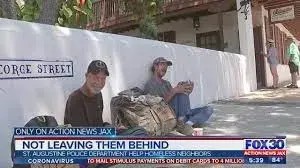
Instructor: Sandi Gehring
Format: Community Integrative Education (CIE)
Description: "Hearing the word “homeless” brings an image to mind, typically an unkempt, unclean man who is assumed to be struggling with substance abuse and/or mental health issues and living on the streets. We know now that this image does not truly represent the largest percentage of homeless people because their faces, ages and situations vary widely.
This Community Integrative Experience course will explore several substantive issues by going out in the community and focusing on the homeless experience in St. Augustine. Students will learn how homelessness is defined and which people are homeless today, the major contributing factors of homelessness and explore the myths, facts, attitudes and beliefs about people who are homeless. By giving an honest and compassionate voice to the individual stories of the homeless, students will challenge their own attitudes and stereotypes about unsheltered poverty victims.
More than ever before, there is a lack of housing that low income people can afford in St. Augustine. Facing instability, eviction and homelessness, the unsheltered poverty survivors are a local, national and global issue. Homelessness is one of the greatest and most visible social ills of our time. Misunderstanding, misperceptions and apathy only increase the challenge to tackle the problem. Rather than dismiss the homeless as “only” the substance abusers, the mentally ill, and the panhandlers we need to better understand who is affected and why. Only when we can accurately and compassionately share their stories will the strategies to solve the issue rise to the surface. "

Instructor: Wesley King, Rachel Cremona
Format: Study Abroad
Description: The purpose of this course is to explore the power of urban landscapes in shaping the negotiation of national identity, citizenship, and belonging. Through predominantly walking the urban landscapes of Budapest and Vienna, students will examine how the political geography of the city is derived from power; they will consider how the city simultaneously produces, concentrates, distributes, and consumes power. In this way, they will achieve an understanding of how urban spaces structure social relations and convey meaning, in particular the sense (or absence thereof) of collective belonging.
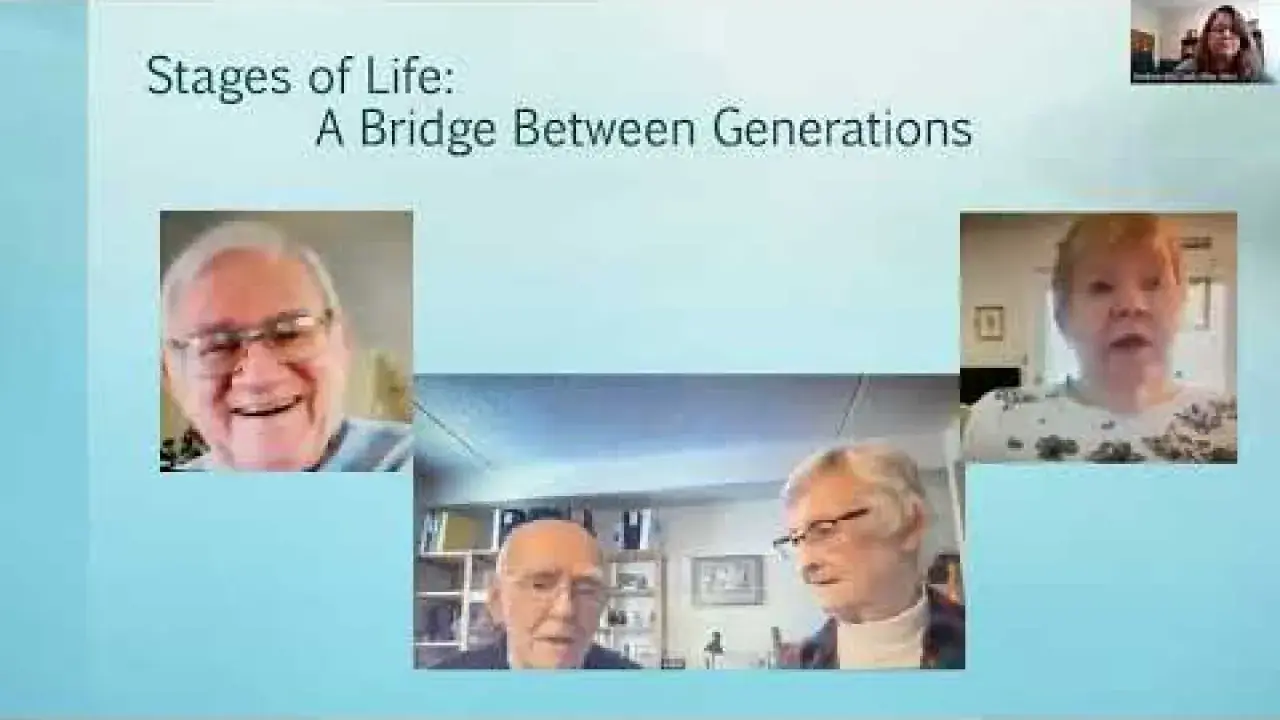

Instructor: Andrea McCook
Format: Intensive Format Seminar
Description: In this intensive format course, students will explore differences along inter-generational lines. They will meet senior citizens living in a variety of communities and examine the challenges facing the elderly in our society today. They will interview residents of an Independent and Assisted Living Community which will culminate in the creation and presentation of a piece, written from the perspective of a senior. Students will develop an empathetic stance regarding the elderly, allowing them to interrogate our culture’s narrative of aging and inter-generational connection.
Instructor: Jeremy Fei Wang
Format: Intensive Format Seminar
Description: This course introduces students to the basics of Information Technology (IT) and its important role in the process of globalization from economic, business, cultural and social perspectives. Students will explore a series of events behind the IT evolution which is reshaping the economies and social lives of many countries around the world. Through a combination of lectures, discussions, and hands-on projects, students will gain an understanding of the impact of technology on culture, e-commerce, governance, global communication, and how these changes are shaping the world.
Instructor: Carrie E. A. Grant
Format: Intensive Format Seminar
Description: In this course, student will explore the farm-to-table movement. They will learn about the environmental costs and human costs of industrial agriculture, the monoculture’s threat to food security, and the negative impacts of concentrated animal feeding operations. Students will then learn alternatives these industrial practices by exploring organic farming techniques, vegetarian and vegan diets, and slaughterhouses and food productions facilities that work. This course will include in classwork and discussions as well as multiple field trips. Students will spend a day volunteering at local organic farm(s) (Farm Song/Ben Wells) learning first hand from the farmers. They will visit farm to table restaurant(s) (Commander’s Shellfish Camp/The Floridian) and learn about their farm to table techniques. They will also get a change to explore the operations of Arcadia Farm in Washington, DC which is run by war veterans.